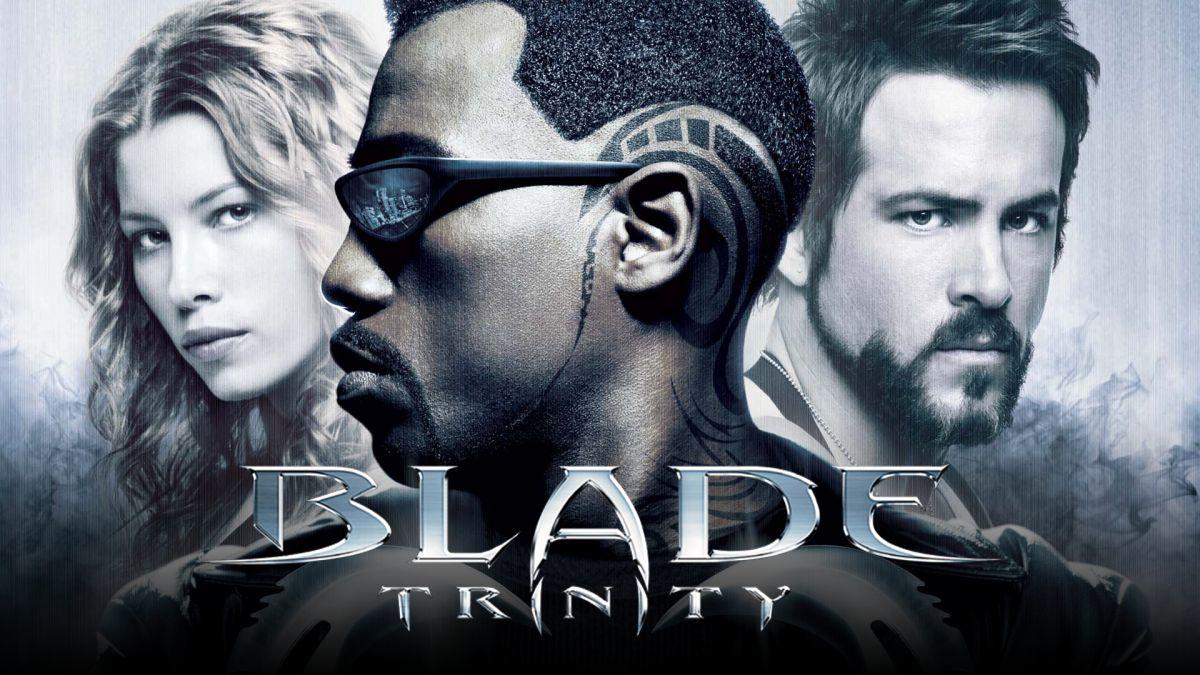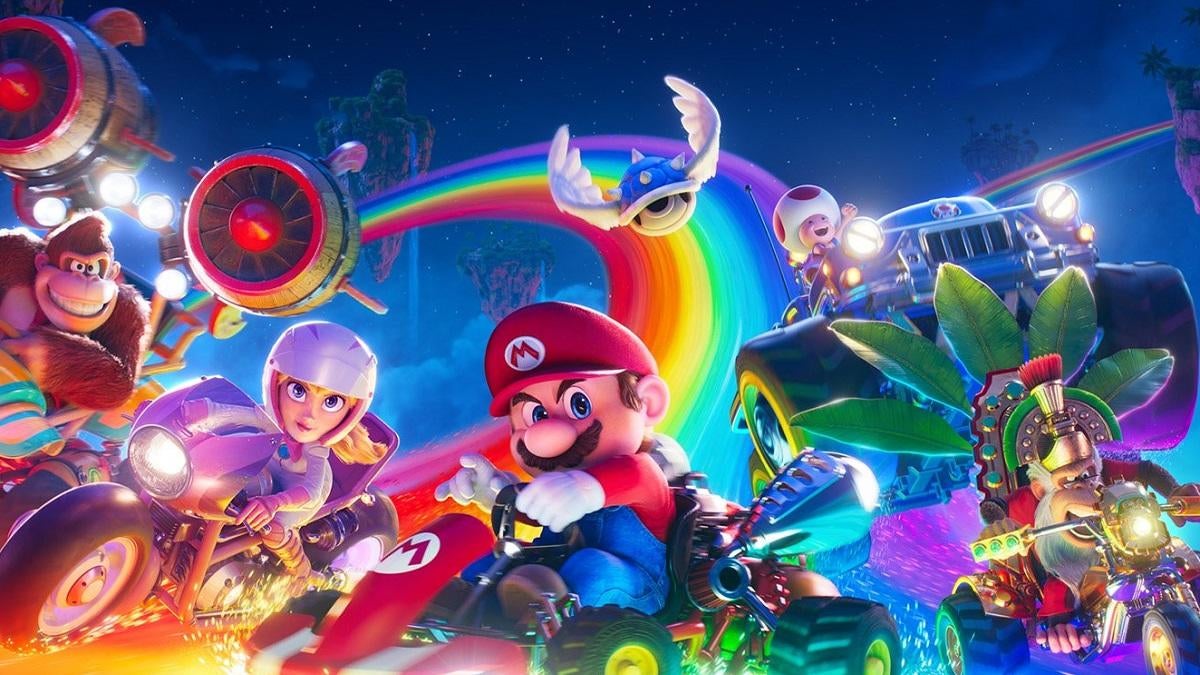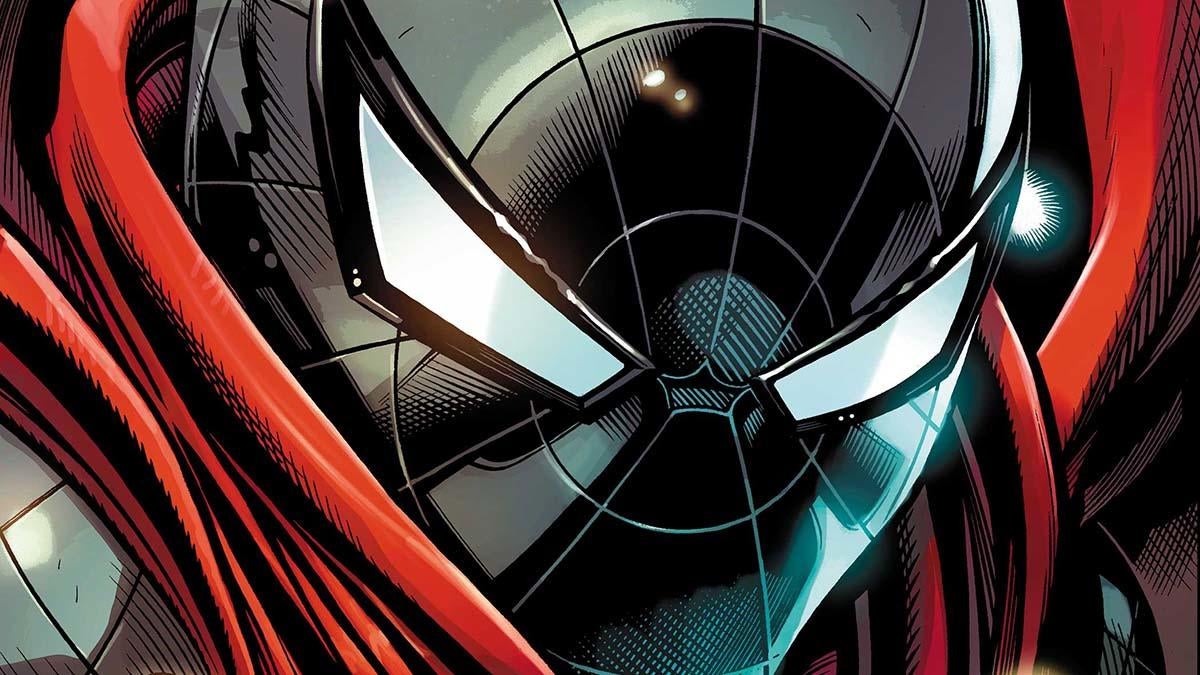Dungeons & Dragons Novels, Video Games, and Other Spin-Offs Are Not Canonical to D&D Roleplaying Game
Wizards of the Coast has provided some clarity on the canon of Dungeons & Dragons in regards to [...]
Wizards of the Coast has provided some clarity on the canon of Dungeons & Dragons in regards to what it considers canon for the core roleplaying game. Over the past 45 years, Wizards of the Coast and its predecessors have published hundreds of Dungeons & Dragons adventures and supplements, as well as hundreds more licensed and in-house novels, video games, comic books, and other pieces of spin-off works. While speaking to media last week ahead of its D&D Live event, lead rules designer Jeremy Crawford discussed the "canon" of Dungeons & Dragons, particularly when it comes to popular novel series such as the Dragonlance novels by Margaret Weis and Tracy Hickman or the Drizzt novels by R.A. Salvatore.
"For many years, we in the Dungeons & Dragons RPG studio have considered things like D&D novels, D&D video games, D&D comic books, as wonderful expressions of D&D storytelling and D&D lore, but they are not canonical for the D&D roleplaying game," Crawford said. "Part of that is we don't want DMs to feel that in order to run the game, they need to read a certain set of novels. We want you to read them for the joy of reading them, but not as homework."
Crawford elaborated with an example from his own childhood, using the Dragonlance novels as an example. "I started playing D&D as a kid and I ran the original Dragons of Despair, the first Dragonlance adventure module, which actually came out before the novels did," Crawford said. "For me, Dragonlance has always been a wonderful D&D war story where every DM gets to play through their own version of that war story. And then the novels are one way where that story plays out. That's how we view all D&D novels." Crawford also noted that they would dive more into the idea of D&D canonicity in a future developer blog post in the coming months.
While the idea that the foundational novels that helped to build worlds such as Krynn or Faerun might not exist within "official" canon, Crawford said that this decision ultimately brings the focus to the story that the Dungeon Master and the players want to tell when playing Dungeons & Dragons. "When it comes to the RPG, what's important is each DM's story and the story they create with their players," Crawford said. "The moment you are at the game table, it's no longer "our" Dragonlance or "our" Forgotten Realms, it's your Forgotten Realms, it's your Dragonlance. You're now telling your stories in those settings. You're not bound to the stories in the novels, as wonderful as they might be. We hope you take as much inspiration from them as it gives you joy to do so. The same goes for D&D video games or for D&D comics."
As for what is considered canon in the D&D RPG, Crawford provided a very simple answer. "If you're looking for what's official in the D&D roleplaying game, it's what appears in the products for the roleplaying game," Crawford said. "Basically, our stance is that if it has not appeared in a book since 2014 [the year that Dungeons & Dragons' Fifth Edition core rulebooks came out], we don't consider it canonical for the games."
While certain works might no longer be considered "in canon", that doesn't meant that the Dungeons & Dragons designers don't think highly of past stories or that certain characters or pieces of lore will never be re-inserted into "official" D&D lore. "We ourselves take inspiration from those things and eventually bits of them will find their way into official RPG products," Crawford noted. "We're now seeing this with Fizban's Treasury of Dragons – you will see a number of juicy things from a variety of worlds that I think longtime D&D fans will be delighted to see reappearing in the roleplaying game itself as opposed to other storytelling vehicles that are inspired by the roleplaying game."
Given that Dungeons & Dragons has gone through Five Editions and has used cataclysmic events to explain shake-ups in its lore and canon, this simplified version that focuses on storytelling at the gameplay table seems to make a lot more sense. Players shouldn't need to read anything than an in-print D&D rulebook to understand what exists within "official" D&D lore. Of course, fans who disagree with what D&D considers to be part of its "official" canon can feel free to swap it out with their own "canon", as one of the game's strengths is that it's ultimately up to D&D players to define what exists and what doesn't exist in the lore of their own personal games.




